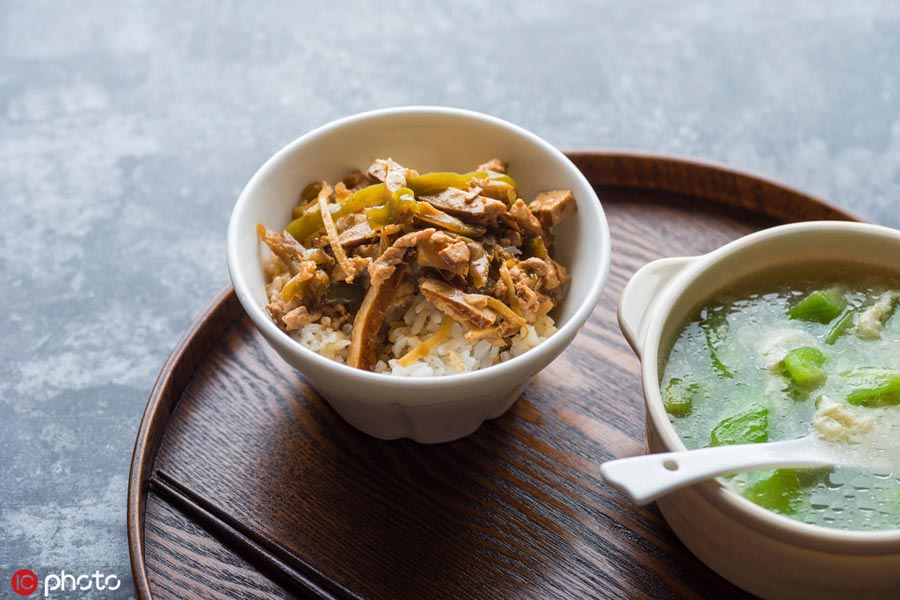The ‘mainlanders can’t afford pickles’ affair
The ‘mainlanders can’t afford pickles’ affair

Chinese internet users have been unleashing their fury on Taiwanese financial expert Huang Shih-tsung (黄世聪 Huáng Shìcōng) after he said China’s slowing economy had made pickles unaffordable for mainlanders.
Huang is a financial analyst and a frequent guest on Taiwanese political talk show Crucial Moment (关键时刻 guānjiàn shíkè). On August 9, while discussing the ongoing U.S.-China trade war’s effect on China’s economic growth, he remarked:
It’s widely acknowledged that for mainlanders, pickles are a must-have side dish when they eat instant noodles. When pickles sell well, that means the middle- and lower-class people in mainland are doing well. But you know what? There is a pickle manufacturer called Fuling Pickles in mainland, whose stock plunged significantly lately. Why are its sales declining? That’s because mainlanders couldn’t afford to eat pickles recently and it’s an alarming sign of the country’s economic prospects.
Huang’s argument quickly caught the attention of Chinese internet users, who spent the weekend waging a full-on Weibo war. Some people rightly pointed out that pickle sales were no indication of the quality of Chinese people’s lives, and that making a correlation between pickle sales and China’s economy was very much a stretch. Meanwhile, other people said Huang’s remarks were emblematic of a larger problem, which is the wide perception gap between mainland China and Taiwan.
Weibo users who were in objection to Huang’s statement amassed around a hashtag “Taiwanese tv shows claim mainlanders can’t afford pickles,” which has been viewed over 900 million times and used in around 310,000 posts.
It’s worth pointing out that some economists and financial analysts have for several years used “the pickle index” as an alternative indicator of the economy. See for example ‘Pickle index’ measures changing tide of Chinese migrant workers in the South China Morning Post (2013), and Underwear or pickles? These are some of the alternative ways for measuring China’s economy in the Washington Post (2019).

As the controversy grew, Huang accused Chinese internet users of deliberately distorting his words.
“It was not my intention to say that all Chinese people couldn’t afford to eat pickles. I meant some of them,” Huang said on another talk show this morning. “I am glad that I said something that some depressed mainlanders could poke fun at.”
Huang’s unapologetic response further escalated his feud with social media users in mainland, who continued to mock the analyst for his ignorance. Below are a collection of best responses that the Chinese internet had to offer:

“With my left hand holding a tea egg and right hand holding pickles, I giggled knowingly at the news.”

“From now on I’ll pair five packets of pickles with every cup of instant noodles I eat. That’s my way to flaunt my financial status.”

“Yeah we mainlanders can’t afford pickles. We only eat hotpot to fill our stomachs.”

“Let’s raise money for your flight to the mainland. You are so pathetic.”

“I would like to donate a bag of pickles to fellows in Taiwan.”

“Why do you guys still care about how the Taiwanese in these brainless shows see us?

“No point getting offended just by a joke.”






